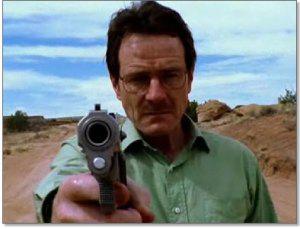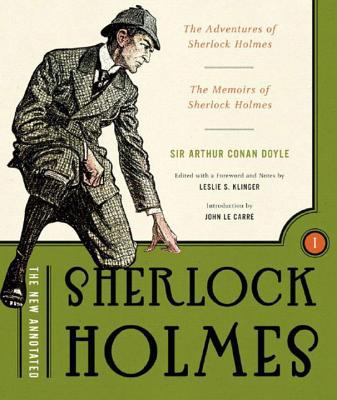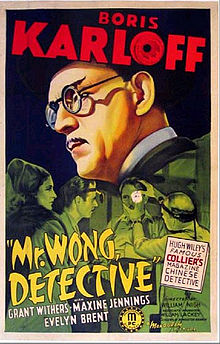Demise of DuMont: the FCC
The Fates conspired to wreak havoc upon DuMont. Bad FCC policy was partly to blame, an agency ill prepared to see the future and beholden to special interests. (Arguably, the FCC remains much the same today, vis-à-vis Net Neutrality and an open Internet.)
For four years, the Federal Communications Commission effectively closed its doors to applications for new licenses, which handicapped DuMont from expanding. In the meantime, the FCC decided to restrict the VHF to certain markets, already dominated by NBC and CBS. This forced DuMont into the UHF band at a time when manufacturers had little incentive to add UHF capability to new models. In other words, DuMont was stuck in a realm where manufacturers wouldn’t support UHF because active UHF channels were virtually non-existent and broadcasters avoided UHF because most television sets didn’t support the UHF band. This alone put DuMont in a stranglehold.
Another problem was America’s telephone monopoly, the AT&T Corporation. AT&T Long Lines owned and controlled the cables used to send network broadcast signals. Unfortunately, they didn’t have sufficient capacity to serve all four networks, so they divided two hundred hours per month between CBS and NBC, allocated fifty-some hours to ABC, and allowed DuMont, the company who’d started it all, 37 hours. In other words, DuMont was allowed just over an hour a day at a time dictated by AT&T. Adding insult to injury, AT&T also required the networks to lease radio transmission services, which put DuMont at a severe competitive disadvantage, it being the one network without radio facilities.
Also hurting DuMont was an FCC policy of not allowing networks to own more than five stations. The other networks owned the maximum five but DuMont owned only three. However, the FCC prevented DuMont from expanding to five arguing its minority shareholder, Paramount Pictures, owned two channels of its own.
Demise of DuMont: Paramount
Internally, Paramount was hostile toward DuMont, believing the network stymied its own growth but refusing to let go of its grip on DuMont, fearing it could become a run-away competitor. They undercut DuMont in multiple ways, competing with DuMont in some markets and refusing to share promised resources in others. Paramount openly berated DuMont, criticizing its understandably low-budget programming down to the quality of DuMont television sets.
Paramount’s dog-in-the-manger refusal to divest itself of either its stations or its DuMont stake, allowed the Paramount mangy tail to wag the DuMont dog. Moreover, a spun-off division of Paramount Pictures, United Paramount Theaters, began a merger with DuMont’s rival, ABC, infusing them with cash and allowing ABC to better compete with CBS and NBC.
About the same time, NBC developed a private and likely illegal scheme to further starve DuMont out of existence. They proposed sharing the syndication of their premium programs with ABC, giving that growing network exclusive access to popular reruns. ABC declined but failed to draw the attention of federal authorities to the machinations of the large networks. If Paramount was aware of the plot, they apparently did not object.
Largely denied access to VHF and relegated to the UHF desert, limited to three stations compared to competitors’ five each, absent supporting radio networks and starved for cash, DuMont understood it was in trouble. They began negotiations with ABC for a merger that would be highly beneficial for both companies. However Paramount, still holding that 40% stake in DuMont, refused to sign off on the deal, killing any hope of DuMont’s survival.
In the autumn of 1955, Paramount seized total control of DuMont Laboratories and its network, driving a stake through the company’s heart.
Stations that hadn’t already been sold became the Metropolitan Broadcasting Company. Paramount itself underwent a buyout by the end of the decade, which became Metromedia. It would be half a century before other network failures, Paramount’s UPN and the juvenile WB, which merged to form the CW Television Network.
Rupert Murdoch’s News Corp purchased Metromedia and the two original DuMont stations to form the core of the Fox Broadcasting Company. Fox also obtained and renamed the original Madison Avenue DuMont Tele-Centre.
Next article, those with a grudge against lawyers (Dale Andrews not included) might find some justification.
Today’s Video
This is another for Dale Andrews and his friend Kurt Sercu, experts vis-à-vis all things Ellery Queen. Today, I present the second of three episodes of an early Ellery Queen television show from when our own Dale was a wee laddie, an episode broadcast 10 May 1951.
I'll be the first to admit this is not an exciting example, although a couple of reviewers disagree with me. The episode has no real deduction, nothing to challenge the viewer. But then again, bear in mind this is a live action presentation. At the end, note the line “The Adventures of Ellery Queen are based on stories by Ellery Queen and tales from Ellery Queen Mystery Magazine.”
Don't touch that dial! Next: A Fate Worse than Death















 People always ask writers: "Where do you get ideas?" Gosh, I dunno, maybe the news of the day, just ripped from the headlines. Two items that caught my attention this week:
People always ask writers: "Where do you get ideas?" Gosh, I dunno, maybe the news of the day, just ripped from the headlines. Two items that caught my attention this week:







 In contrast, the Lugosi flick was surprising awful. Bela himself seems resigned to struggling through the movie trying not to tatter his reputation.
In contrast, the Lugosi flick was surprising awful. Bela himself seems resigned to struggling through the movie trying not to tatter his reputation.



